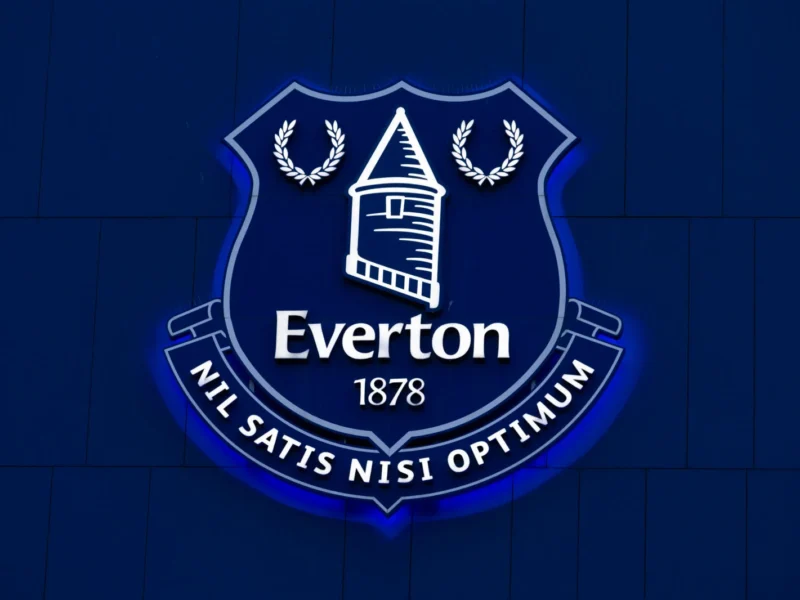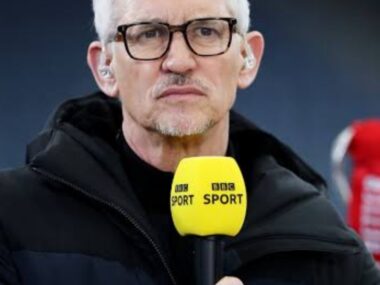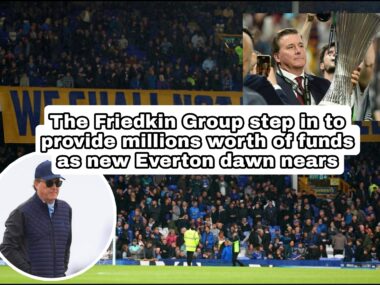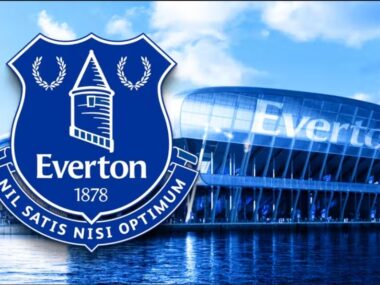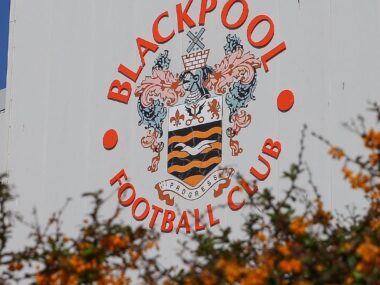Will the Everton takeover saga ever end? That was the question on fans’ lips after it emerged that Dan Friedkin had ended exclusive talks with Farhad Moshiri.
The AS Roma owner was chosen by Moshiri as his preferred bidder, with the hope that he could assume responsibility for the club’s debts and give him at least some cash for his shares.
The British-Iranian investor is believed to want £50m in total for his 94 per cent stake in Everton, although that has raised eyebrows given that the club’s debts burden is around £800m.
With a number of third parties – now including Friedkin himself after he took over a £200m loan from MSP Sports Capital – involved in the club, the situation is becoming increasingly nebulous.
To help navigate the complexity, TBR spoke exclusively to Liverpool University football finance lecturer and Price of the Football author Kieran Maguire.
Why did Friedkin walk away from Everton?
Friedkin is not the first investor to pull the plug on an Everton takeover after having signed heads of terms with Moshiri
The Miami-based investment firm 777 Partners were also in exclusive talks for almost nine months but were unable to secure Premier League ratification
The group are facing a litany of financial and legal issues at present which, given that they are among the club’s lenders, has caused problems for Everton.
Maguire explains why Friedkin may have decided that the situation was simply too risky.
“Initially, 777 borrowed the money from a company called A-CAP,” he said.
“They are now alleging that 777 have also borrowed from Leadenhall and have claimed security on the same asset a number of times.
“It is a bit like you or I getting a mortgage from Lloyds, Nationwide, NatWest and HSBC all on the same house.
“If that is the case, that would be a potential criminal act and it could be that 777 have proceedings brought against them.
“There is then an element of contagion. The problem from Friedkin’s perspective is that they wanted 777 to take a haircut.
“Let’s say they’re owed £200m and Friedkin wants them to take a 40 per cent discount, you knock off £80m and Friedkin pays £120m.
“That might be okay, but it could be that Leadenhall will say that the £80m is part of the money they want paid back.
“Leadenhall could therefore end up going after Friedkin or A-Cap and it all starts to get very complicated, very expensive and very uncertain.
“So, from Friedkin’s perspective, you can understand why the lawyers advised them not to proceed given that litigation could go on for many years.“
